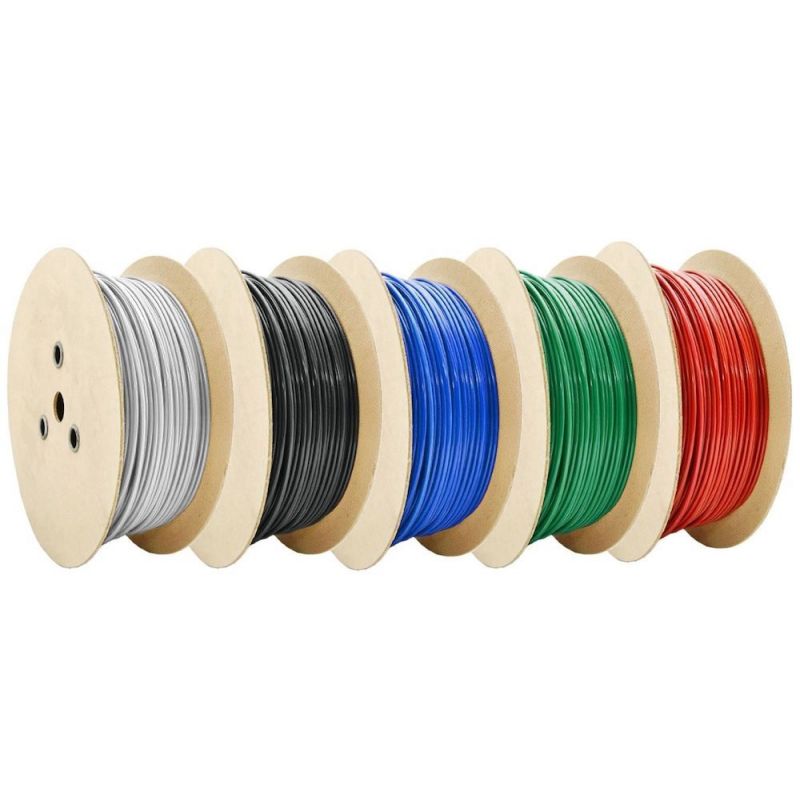
Stainless wire ropes are vital for their strength and corrosion resistance. Blogs offer insights for professionals and DIY enthusiasts on their uses and benefits. Here’s what you can typically expect to find in these blogs:
PVC-coated wire is widely used in the electrical industry for insulation purposes. The wire is coated with polyvinyl chloride (PVC), a thermoplastic polymer that provides excellent insulation properties. This coating protects the wire from environmental factors such as moisture, chemicals, and mechanical stress, thereby increasing its lifespan and reliability.
One of the primary applications of PVC-coated wire is in household wiring. It is commonly used for connecting electrical appliances to power outlets, as well as for wiring within walls and ceilings. The PVC coating ensures that the wire remains protected from potential damage, reducing the risk of electrical fires and other hazards.
In addition to household wiring, PVC-coated wire is also used in industrial settings. It is often employed in heavy-duty applications where the wire must withstand extreme temperatures, high levels of humidity, and exposure to corrosive substances. For example, PVC-coated wire is commonly used in the oil and gas industry for drilling operations and pipeline installations.
Another significant application of PVC-coated wire is in the automotive industry. The wire is used for various purposes, such as connecting electrical components within the vehicle and providing power to accessories like headlights, radio systems, and air conditioning units. The PVC coating ensures that the wire remains protected from the harsh conditions encountered in automotive environments, such as vibrations, temperature fluctuations, and exposure to chemicals.
PVC-coated wire is also utilized in the telecommunications sector. It is employed in the installation of telephone lines and fiber-optic cables, where the PVC coating provides protection against environmental factors that could potentially damage the wire. This ensures that the telecommunications infrastructure remains reliable and functional, enabling seamless communication between individuals and businesses.
Despite its numerous benefits, the use of PVC-coated wire has raised concerns regarding its environmental impact. PVC is a chlorinated hydrocarbon, and its production and disposal can release harmful chemicals into the environment. Additionally, the extraction and processing of raw materials required for PVC production can contribute to air and water pollution.
However, it is essential to note that the environmental impact of PVC-coated wire can be mitigated through responsible manufacturing practices and proper waste management. For instance, manufacturers can employ cleaner production techniques to reduce emissions during PVC production, while consumers can ensure that PVC-coated wire is disposed of correctly to prevent the release of harmful chemicals into the environment.
In conclusion, PVC-coated wire has a wide range of applications across various industries, including household wiring, industrial settings, automotive manufacturing, and telecommunications. While its environmental impact cannot be ignored, responsible manufacturing practices and proper waste management can help minimize the negative consequences associated with its use. As a result, PVC-coated wire continues to be a valuable and reliable component in numerous applications, offering durability, protection, and cost-effectiveness.
Stainless wire ropes are vital for their strength and corrosion resistance. Blogs offer insights for professionals and DIY enthusiasts on their uses and benefits. Here’s what you can typically expect to find in these blogs: